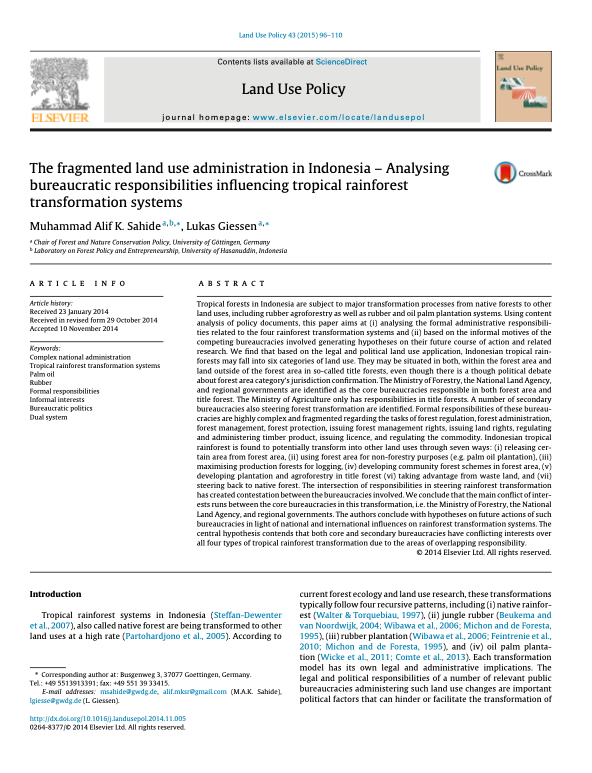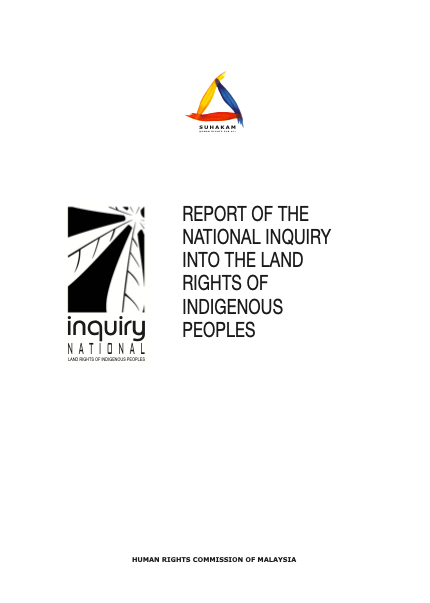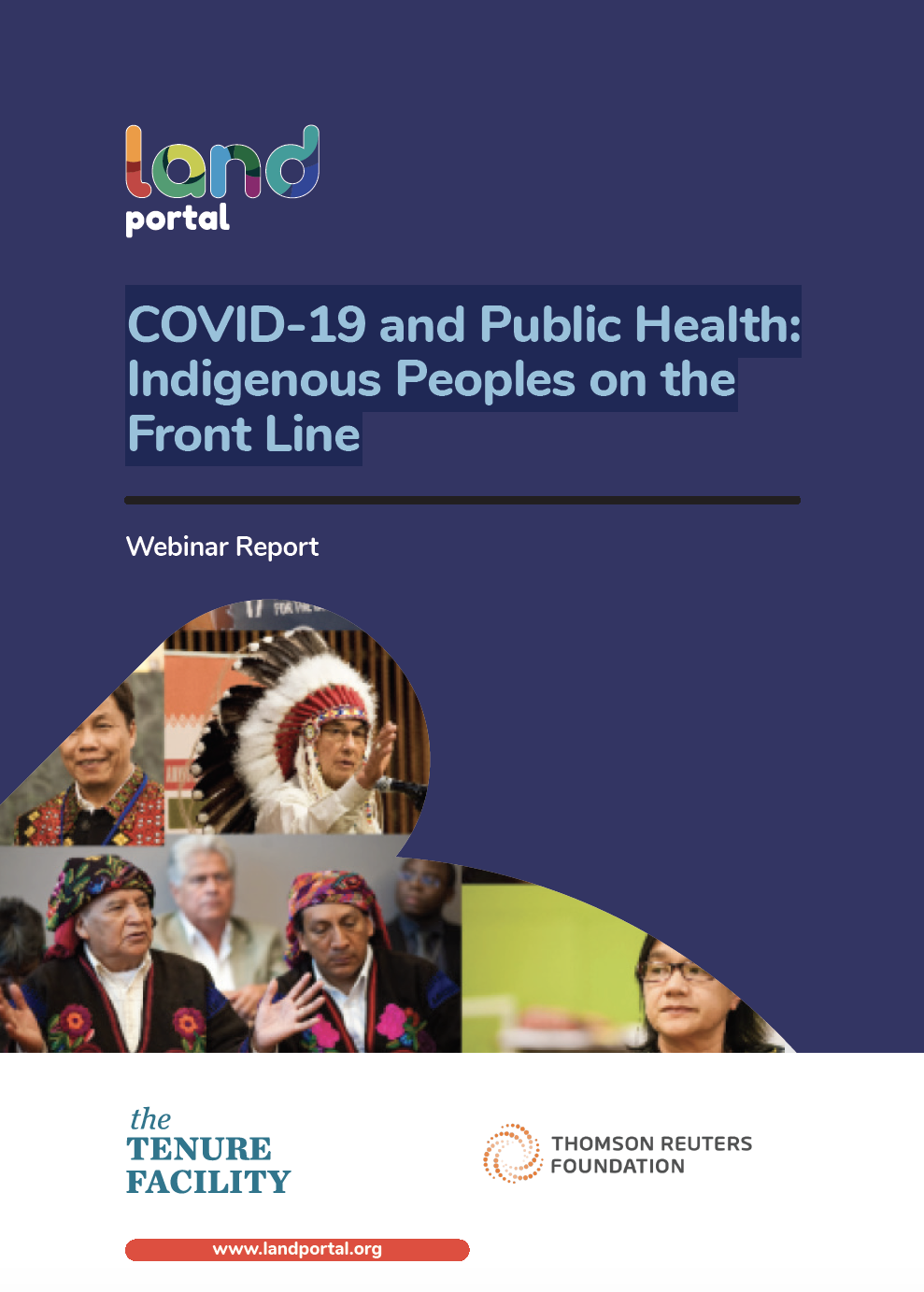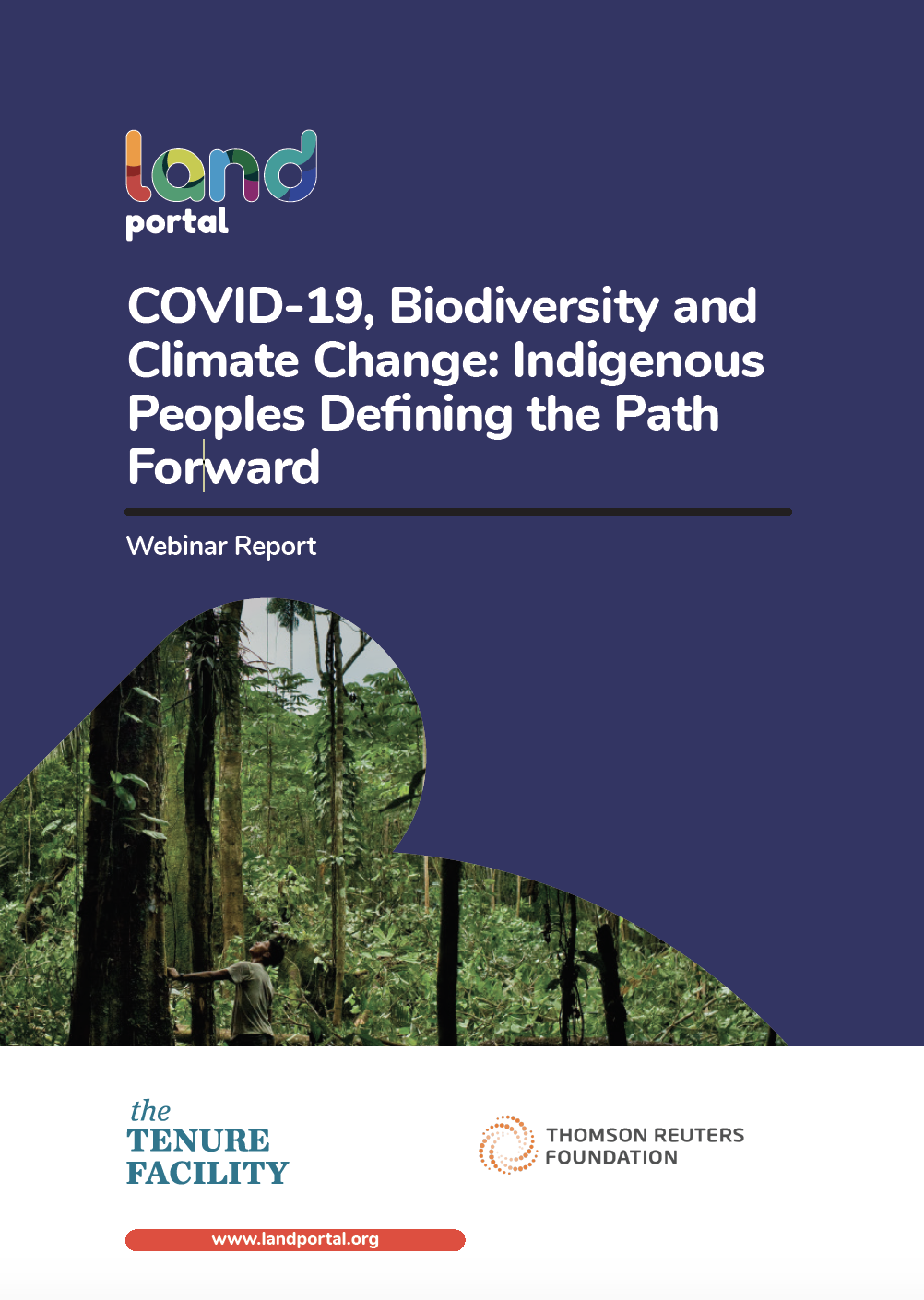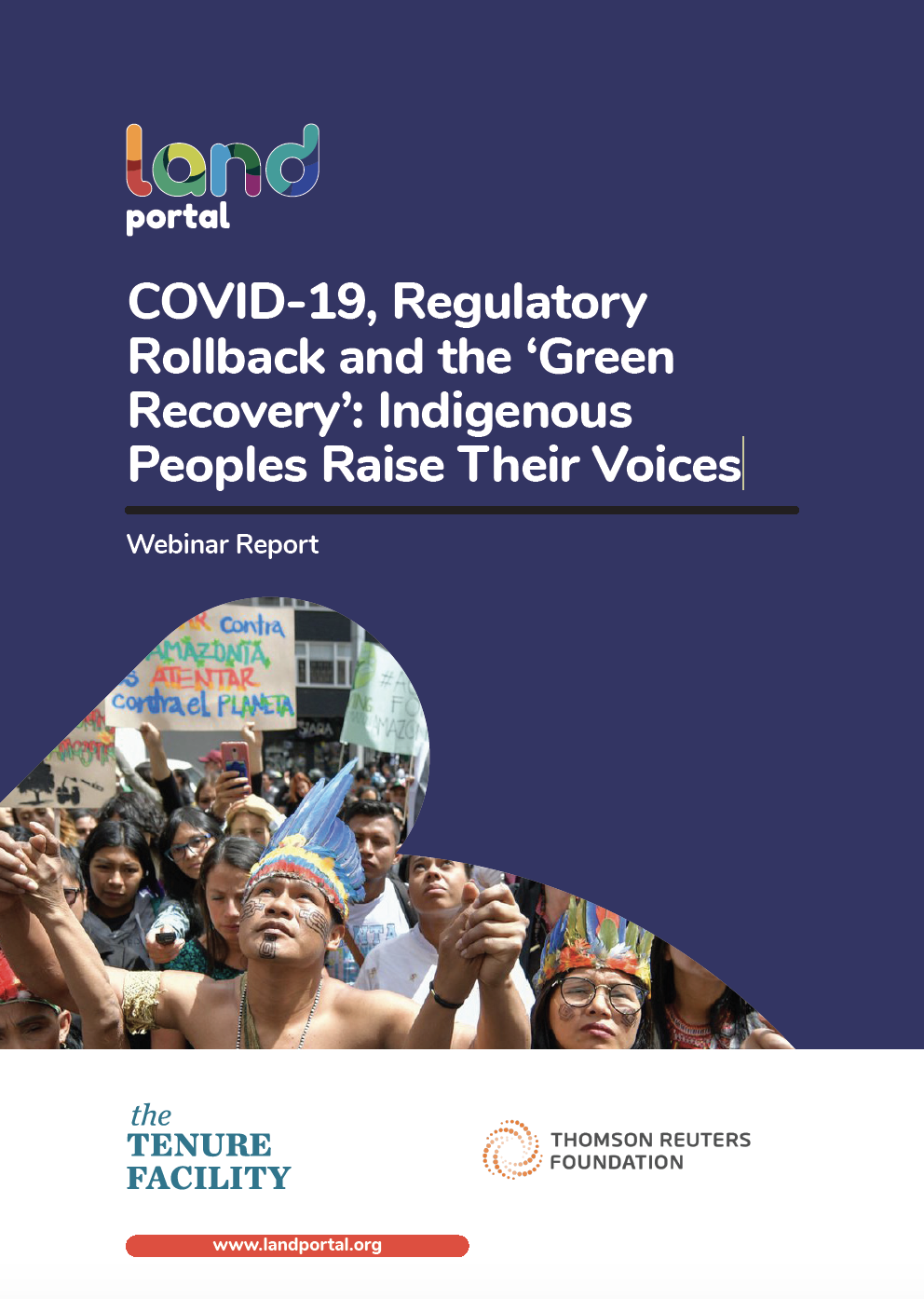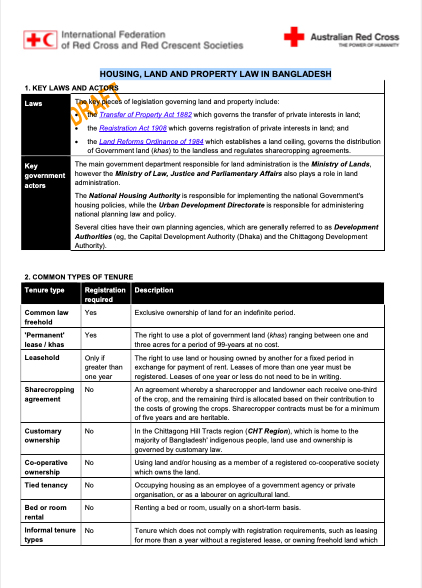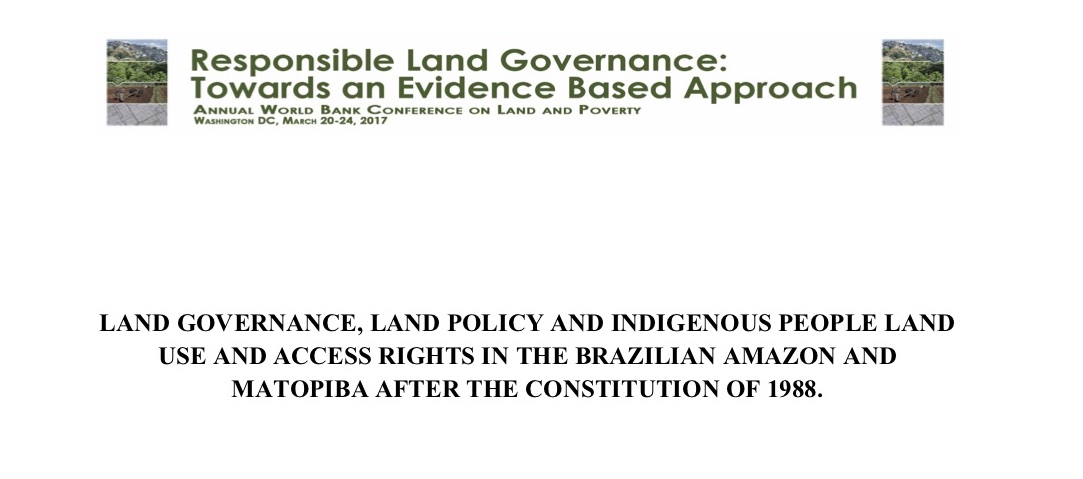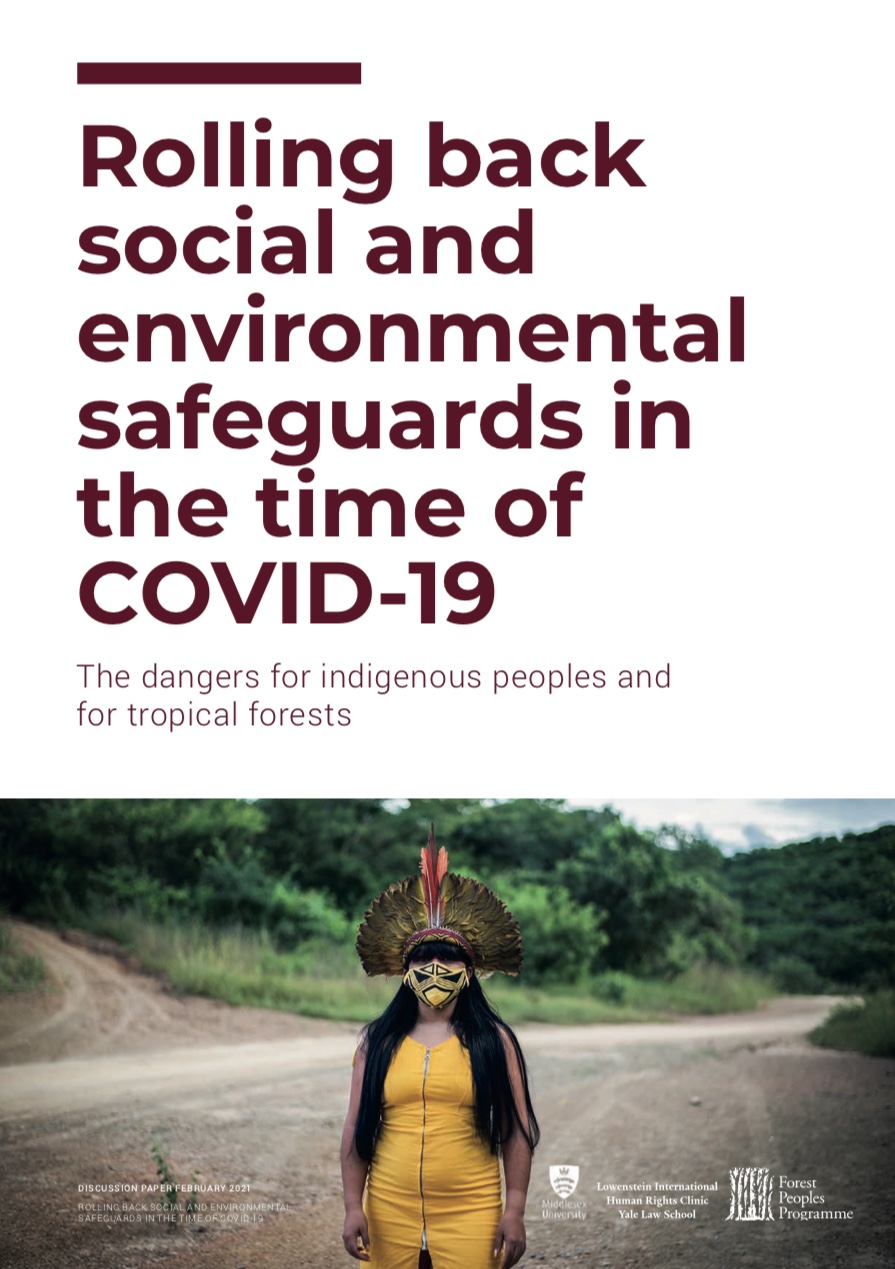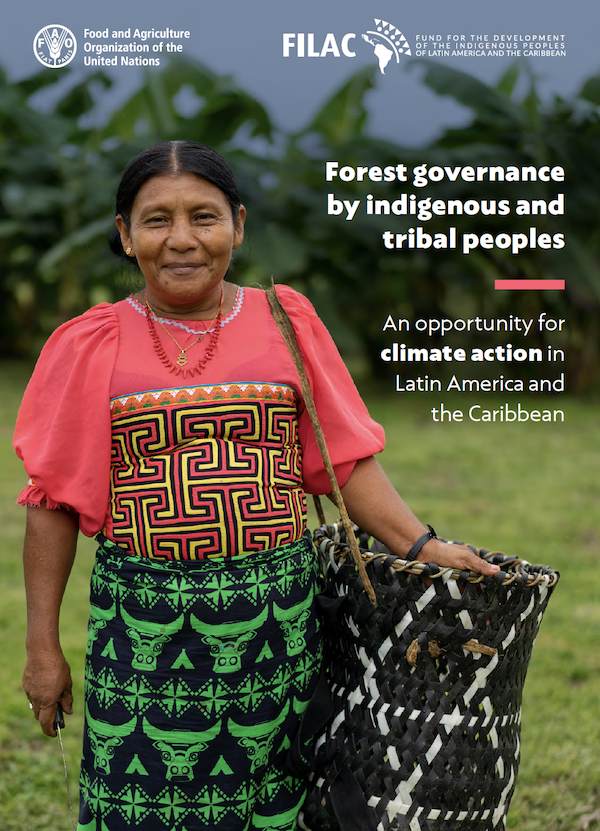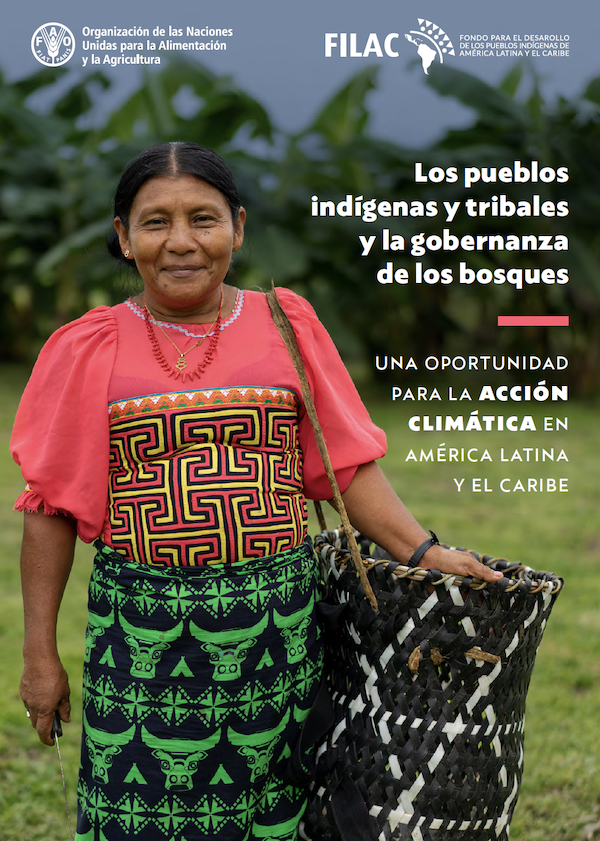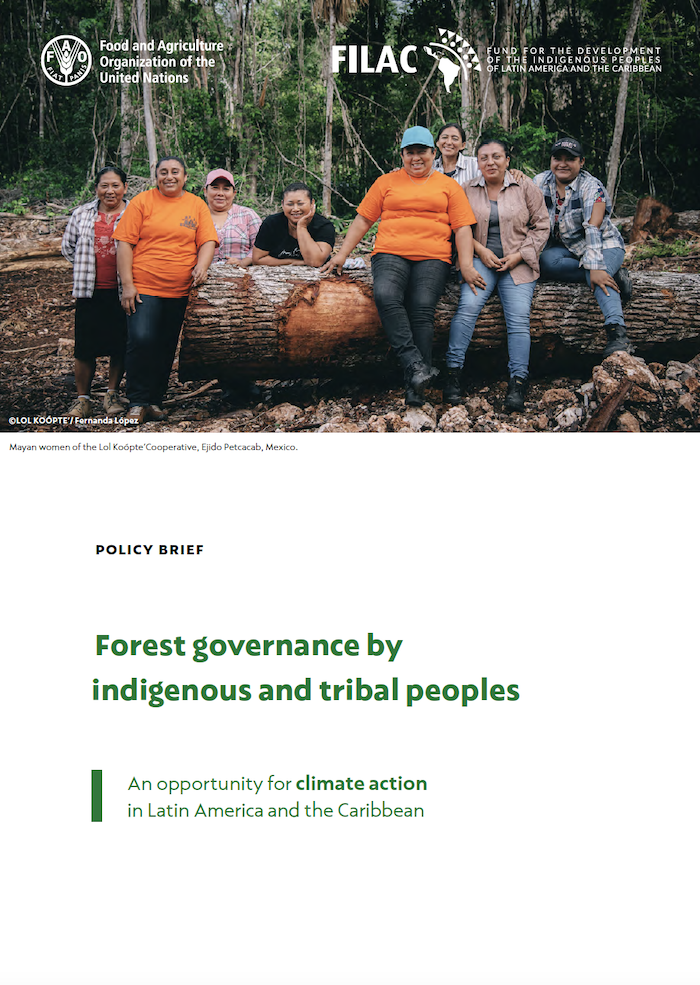The fragmented land use administration in Indonesia
Tropical forests in Indonesia are subject to major transformation processes from native forests to other land uses, including rubber agroforestry as well as rubber and oil palm plantation systems. Using content analysis of policy documents, this paper aims at (i) analysing the formal administrative responsibilities related to the four rainforest transformation systems and (ii) based on the informal motives of the competing bureaucracies involved generating hypotheses on their future course of action and related research.

